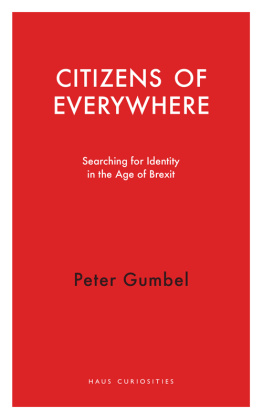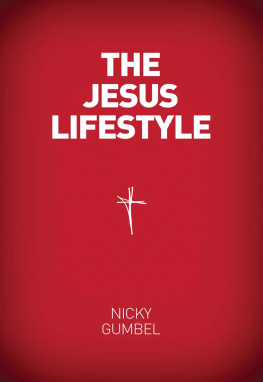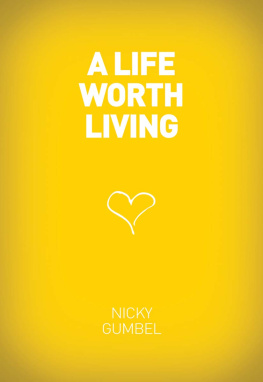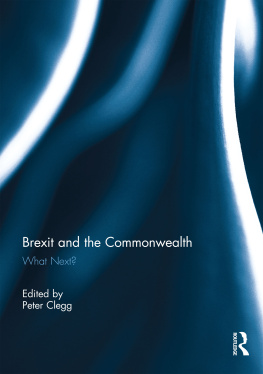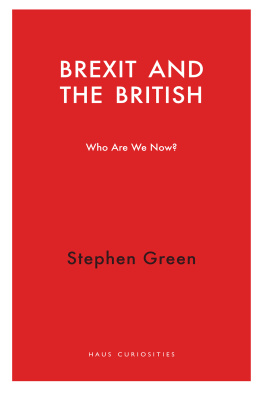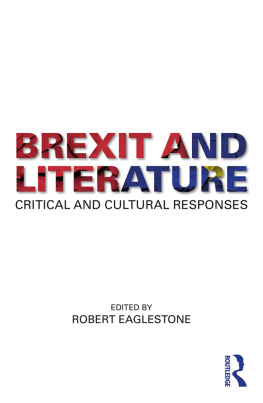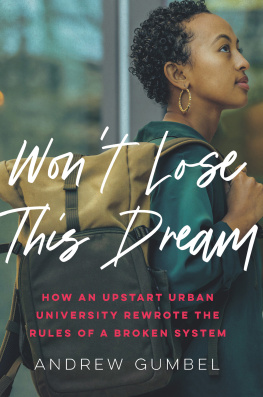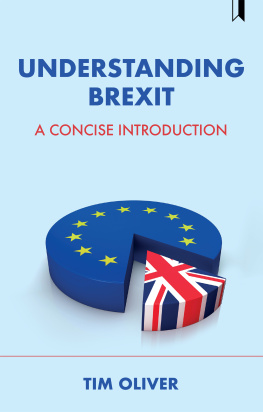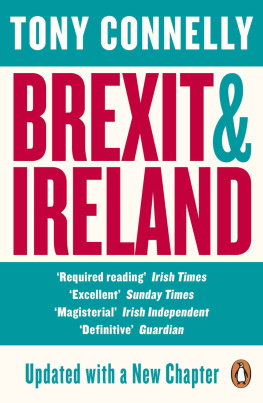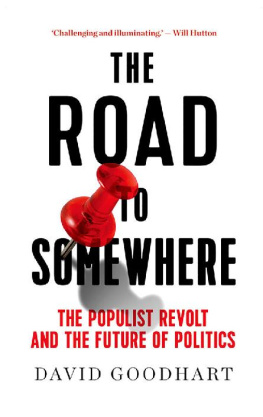About the Author
Peter Gumbel is a Paris-based writer and editor. He has worked for US publications including the Wall Street Journal, Time, and Fortune. He is the author of a best-selling book on French education, On achve bien les coliers (They Shoot School Kids, Dont They?), published by Grasset in 2010.
First published by Haus Publishing in 2020
4 Cinnamon Row
London SW11 3TW
www.hauspublishing.com
Copyright 2020 Peter Gumbel
The right of the author to be identified as the author
of this work has been asserted in accordance with
the Copyright, Designs and Patents Act 1988
A CIP catalogue record for this book is
available from the British Library
Print ISBN: 978-1-913368-07-4
Ebook ISBN: 978-1-913368-08-1
Typeset in Garamond by MacGuru Ltd
Printed in Czech Republic
All rights reserved
Acknowledgements
I am grateful to Barbara Schwepcke for her abiding interest in my family and thank the team at Haus Publishing for the speed, skill, and delicacy with which they turned my manuscript into this book.
My beloved daughters Sofia and Olivia, for whom this essay was originally conceived, are enthusiastic readers and astute editors, among their other talents. I thank them for suggesting examples to include and pointing to redundant phrases, faulty logic, and half-baked ideas that needed fixing.
My heartfelt thanks go also to Sylvie Godron, who provided unwavering support and nudged me to draw broader conclusions about the values that truly matter; John Ziaukas and Loren Segan, who gave extensive feedback on multiple drafts and encouraged me to dig deeper into my own feelings; Ellen-Marion Huss in Cottbus, who handed me a treasure trove of documents that filled blank spots in my grandparents story; and Judith Friedlaender, who piqued my curiosity about acquiring a German passport in the first place and shared revealing correspondence between her father and mine.
The journey I describe in this essay is a personal one, but it is not one I have undertaken alone. Many people have helped me along the way, from university friends to hiking and poker buddies and work colleagues in Britain, France, Germany, and the United States. I have been inspired by conversations with my sisters and brothers about our common heritage. My late godmother Joan Rubinstein opened many doors in my thinking. I owe the largest debt of gratitude to my parents Ellen and Edward, my aunt Marion, my grandmothers Carla and Elizabeth, and the uncle and grandfathers I never knew, Maxi, Ernst, and Gustav. They would be heartbroken to see Britain turning its back on Europe, and yet they were survivors who were able to adapt. I salute their resilience and dedicate this essay to their memory.
Prologue: Mobility and National
Identity in a Time of Plague
On a sunny Tuesday morning in September 2019, my elder daughter and I walked into the German consulate in Paris with our British passports and re-emerged fifteen minutes later as German citizens. History had come full circle: eighty years and six months earlier, in March 1939, my maternal grandparents fled Nazi Germany after months of increasingly desperate efforts to leave the country. They got out just before the borders closed and went to England, which they viewed as a bastion of freedom and safety. Stripped of their German nationality, they remained stateless until 1946, when they became naturalised British citizens.
Compared with their history, obtaining our German naturalisation certificates was a formality devoid of all drama. It took just a signature, a photocopy, and a handshake but it felt momentous nonetheless. If anybody had told me even a few years previously that I would apply to become German, I would have been incredulous. But times change, and circumstances change with them. After the 2016 Brexit referendum, several members of my family (all of whom were born in Great Britain) chose to apply for German citizenship as an insurance policy in the event that Britains withdrawal from the European Union should turn out badly. Its an irony of history that a Nazi decree from November 1941 revoking the citizenship So we applied.
We are not alone. After the referendum, several thousand British families with GermanJewish backgrounds did the same. I risked having to contend with a welter of bureaucracy to continue living and working in Paris as a British citizen post-Brexit. Connecting with my historic roots in this way was more than just pragmatism, though. Brexit challenged the essence of my identity, and so I made a conscious choice to become German. British by birth, I am European by conviction and heritage, and now I have an unambiguous European nationality to prove it.
This essay is largely a personal story: my reflections on becoming German and closing the cycle of history after fourscore years. The Covid-19 pandemic broke out while I was writing and, though it is not related to my family history, that crisis provided a different context and new evidence to validate two of the broader points I make in the following pages. They are, firstly, the paramount need to defend our freedom of movement across borders, which is all the more precious for being relatively recent, and, secondly, the waning relevance of national identity itself. Even before the virus struck, both of these ideas ran counter to the prevailing political mood in the United Kingdom, the United States, and a growing number of other countries. But in its perverse way, Covid-19 brought home just how important it is to defend and propagate these principles. The pandemic exposed the limitations of political geography: here was a disease that knew no borders, respected no jurisdictions, and infected people regardless of the colour of their passport. It also exposed the inadequacy of the nation-first reflex to ward off this invisible enemy.
The crisis thus serves as a reminder of how our societies have been stricken by a different kind of sickness that, in many ways, is worse than the novel coronavirus. This other disease is the delusion of national exceptionalism, and its main symptom is a rejection of everything and everyone that fails to fit into its stifling us-versus-them world view. An earlier strain of that delusional malady nearly killed my grandparents and wiped out our family eighty years ago. All the more reason to take a stand against it today.
1
Exile, or the Perilous Illusion of Belonging
All four of my grandparents were proud German citizens until the Nazis decreed that they were not German at all but members of an inferior race that needed to be eradicated. On both sides of my family, the implications of this violent undermining of their identity took a long time to sink in and even longer to act upon, until it was almost too late. The consequences, both physical and psychological, were traumatic. Even today, among later generations, the idea that we may not fully fit in remains a family demon.
Most of the history I recount in this essay concerns my mothers side of the family. This is because I possess detailed correspondence documenting some of the ordeals her parents experienced during the Third Reich. After my maternal grandmothers death in 1989, I found carbon copies of letters her husband had written fifty years previously. These letters trace their flight from Germany and arrival in England. As well as a record of dates and names, the correspondence provides precious glimpses of the emotion they felt. On my fathers side, by contrast, the only first-hand documentation available is almost entirely from my fathers own memoirs, which are filtered through his upbeat personality and coloured by time; he experienced Hitlers accession to power in January 1933 as a law student in Berlin and left Germany three months later. He went on to study in Zurich and London and only put pen to paper six decades later.



